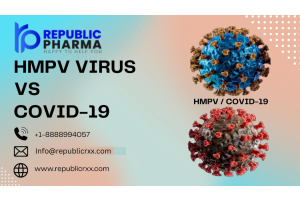Fatty Liver Symptoms in Men and Women

What is Fatty Liver Disease?
Fatty liver disease, also known as hepatic steatosis, occurs when excess fat builds up in liver cells. This condition can affect both men and women and is often associated with obesity, diabetes, and alcohol consumption. If left untreated, it can lead to more severe liver damage or liver disease.
The disease progresses through four stages:
1. Simple Fatty Liver (Steatosis): Fat accumulates but is usually harmless.
2. Nonalcoholic Steatohepatitis (NASH): Fatty liver with inflammation, which can lead to liver damage.
3. Fibrosis: Scarring of the liver due to prolonged inflammation.
4. Cirrhosis: Severe scarring that impairs liver function, potentially leading to liver failure.
Early Symptoms of Fatty Liver Disease
Early symptoms are often subtle or non-existent. However, individuals may experience:
- Fatigue
- Discomfort in the upper right abdomen
- Unexplained weight loss
Symptoms of Fatty Liver Disease in Men
Men may present with symptoms like: -
- Jaundice (yellowing of skin and eyes)
- Abdominal swelling
- Increased blood pressure
- Hormonal changes (e.g., gynecomastia)
Symptoms of Fatty Liver Disease in Women
Women may experience: -
- Fatigue and weakness
- Mood swings and depression
- Menstrual irregularities
- Abdominal discomfort
Causes of Fatty Liver Disease
Several risk factors contribute to the development of fatty liver disease, including: -
- Obesity
- Diabetes or insulin resistance
- High cholesterol and triglycerides
- Alcohol abuse
- Certain medications
How to Treat Fatty Liver
Fatty Liver Disease Treatment focuses on lifestyle modifications, which can include: -
- Weight loss through diet and exercise
- Avoiding alcohol
- Monitoring and managing diabetes and cholesterol levels
- Medications in some cases, as prescribed by a healthcare provider
Conclusion
Fatty liver disease is a serious but manageable condition that requires awareness of its symptoms and causes. By adopting a healthy lifestyle and seeking medical advice, individuals can effectively handle this disease and protect their liver health. Regular check-ups are crucial for prevention and early detection.








